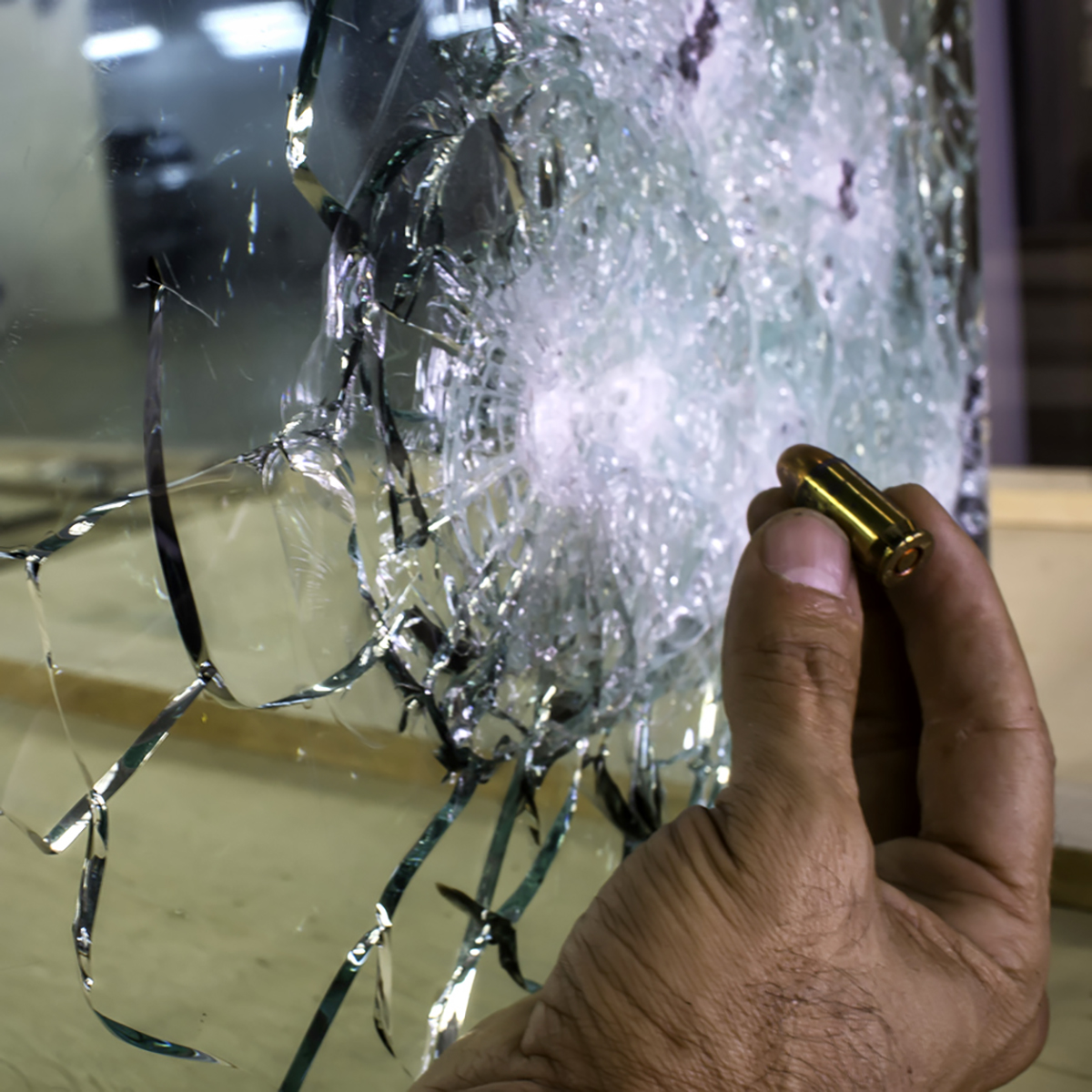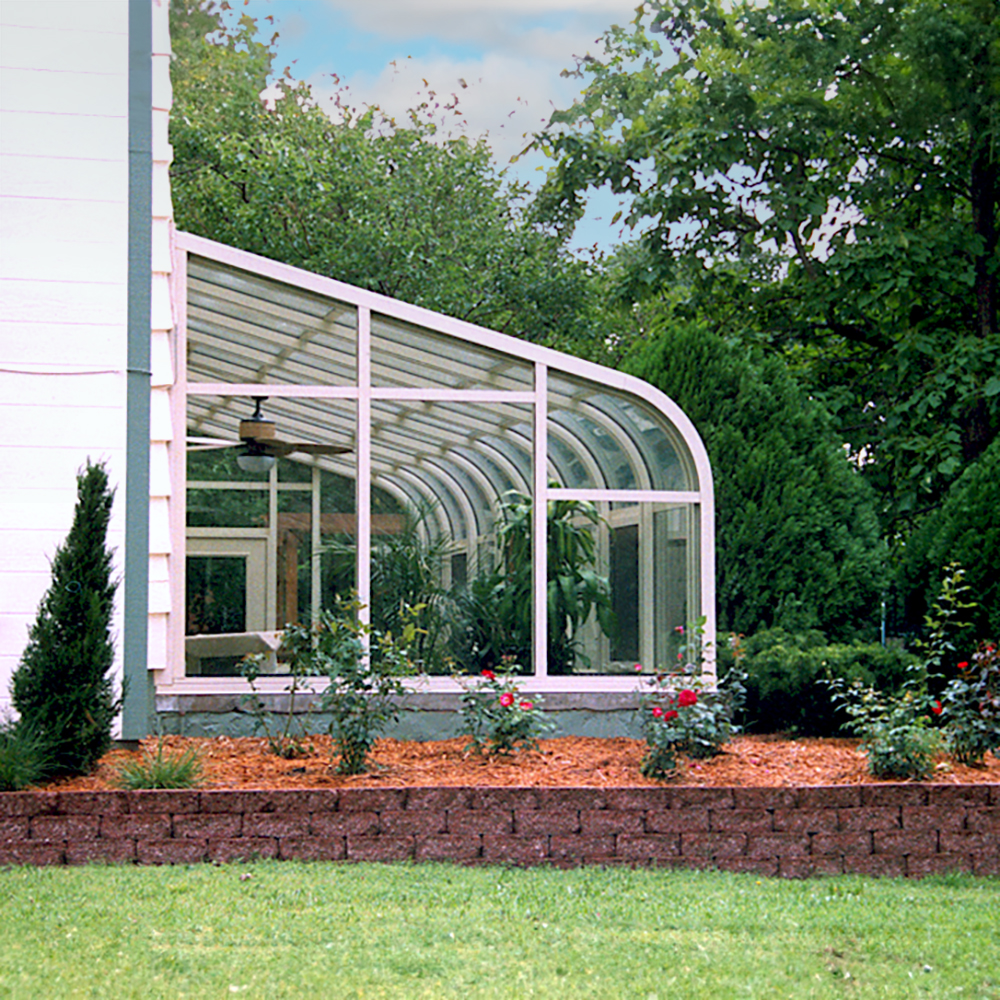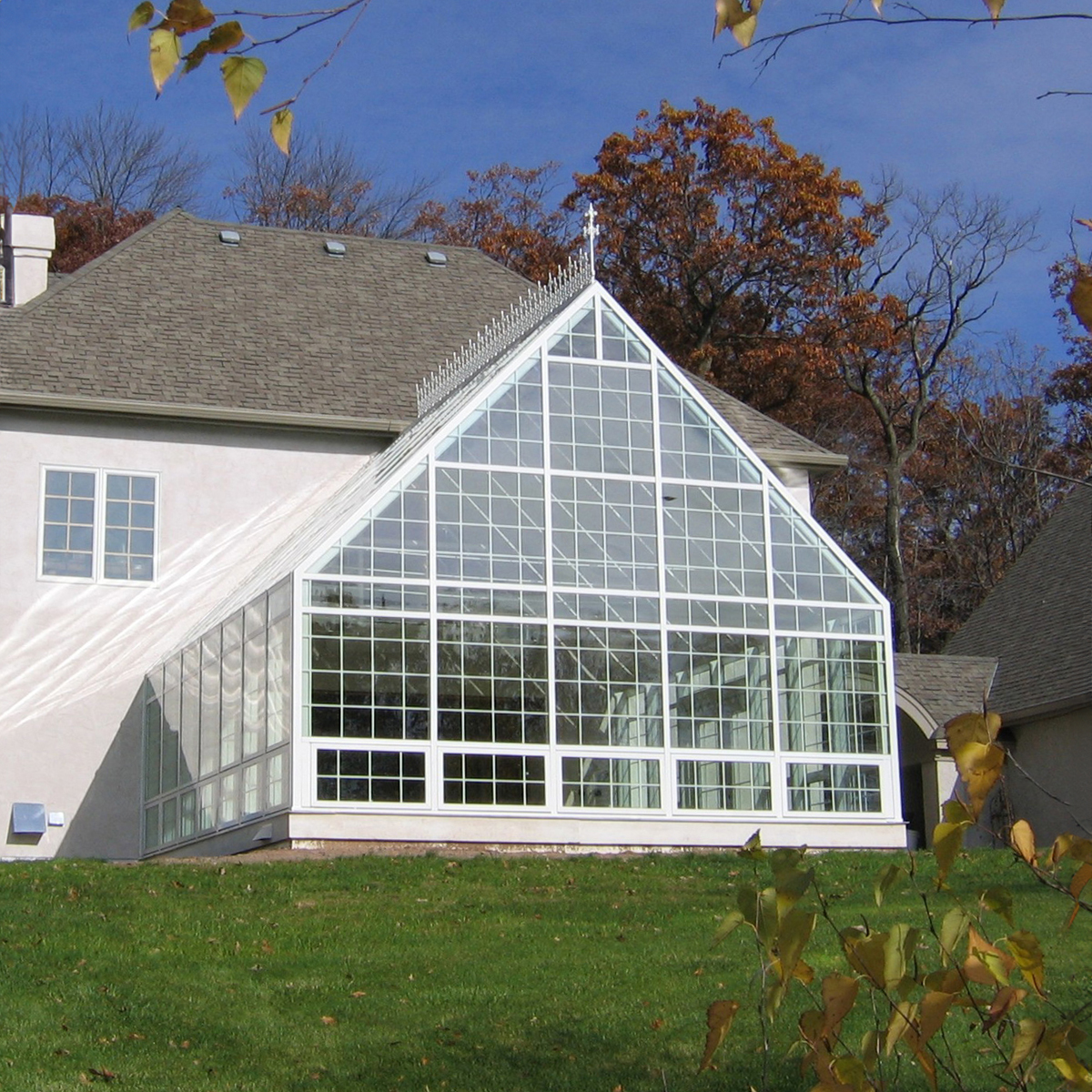Keeping Safety In Mind
Everyone agrees that protection from unforeseen dangers is best.
While not always obvious, the glass industry has a key role in securing our nation’s buildings from threats – both natural and man-made. Dangers to structures that transpire as a result of mother nature are generally covered by building codes, and protection from human threats is left to the contractors. Building use is often the primary factor in determining the appropriate type of specialized security glazing.
There have been more than 387 school shootings in US schools since 1992. And, according to the Heritage Foundation, 42 homegrown terrorist plots have been foiled since 9/11. Closer to home, 60% of burglars used forcible entry to gain access to homes and buildings. Because of these numbers, safety glass is becoming increasingly important in all types of construction.
Even though these numbers seem high, the actual probability of an attack on an individual building is very small. Erring to the side of caution, however, everyone agrees that protection from unforeseen dangers is best.



Schools, colleges, government facilities as well as zoos, aquariums, and stadiums are all using glass that is made to protect against forced entry, bullets, or blasts.
How do you know which type of safety glass to advocate for your customers?
In short, safety glass generally covers protection from natural elements, security glass provides extra protection from all other threats. The best security glazing options are those that serve the purpose of mitigating hazards while being unobtrusive to the overall design. Safety glass provides an economical and architecturally sound option for glazing in most buildings.
There are three primary levels of security glazing: Forced entry, ballistic and blast.
Forced entry is the most common type of threat that schools are interested in preventing. In addition to instituting procedures to closely monitor who enters the school, school boards around the country know that it’s important to have additional safety measures in place. Laminated security glass will prevent entry when an intruder tries smashing through the glass to access the door egress system.
Schools, colleges, government facilities as well as zoos, aquariums, and stadiums are all using glass that is made to protect against forced entry, bullets, or blasts.
How do you know which type of safety glass to advocate for your customers?
In short, safety glass generally covers protection from natural elements, security glass provides extra protection from all other threats. The best security glazing options are those which serve the purpose of mitigating hazards while being unobtrusive to the overall design. Safety glass provides an economical and architecturally sound option for glazing in most buildings.
There are three primary levels of security glazing: Forced entry, ballistic and blast.
Forced entry is the most common type of threat that schools are interested in preventing. In addition to instituting procedures to closely monitor who enters the school, school boards around the country know that it’s important to have additional safety measures in place. Laminated security glass will prevent entry when an intruder tries smashing through the glass to access the door egress system.
Schools, colleges, government facilities as well as zoos, aquariums, and stadiums are all using glass that is made to protect against forced entry, bullets, or blasts.
How do you know which type of safety glass to advocate for your customers?
In short, safety glass generally covers protection from natural elements, security glass provides extra protection from all other threats. The best security glazing options are those which serve the purpose of mitigating hazards while being unobtrusive to the overall design. Safety glass provides an economical and architecturally sound option for glazing in most buildings.
There are three primary levels of security glazing: Forced entry, ballistic and blast.
Forced entry is the most common type of threat that schools are interested in preventing. In addition to instituting procedures to closely monitor who enters the school, school boards around the country know that it’s important to have additional safety measures in place. Laminated security glass will prevent entry when an intruder tries smashing through the glass to access the door egress system.
standards. Since then, government and industry standards have been introduced to assure architects and contractors consider the possibility of impact to the building from explosive devices. Blast mitigating glass is tested by using a shock tube with impulse pressures simulating a blast or in an open environment with an actual explosive device.
Blast glazing must be done in a way that will help maintain the structural integrity of the building which would decrease damage inside the building. Blast-proof glass is always made with at least two pieces of glass or plastic bonded with a high-performing polymer inner layer. In addition, hurricane glazing has been tested as additional protection against a sudden blast.
There are many standards for security glazing. Determining which type to advocate for your client’s project can be a daunting task. Companies that offer specialized glass for security purposes can be very helpful when it comes to explaining the differences and helping you make the best choice.
Window design for blast-hazard mitigation
US Glass Magazine
https://en.wikipedia.org/wiki/Bulletproof_glass



